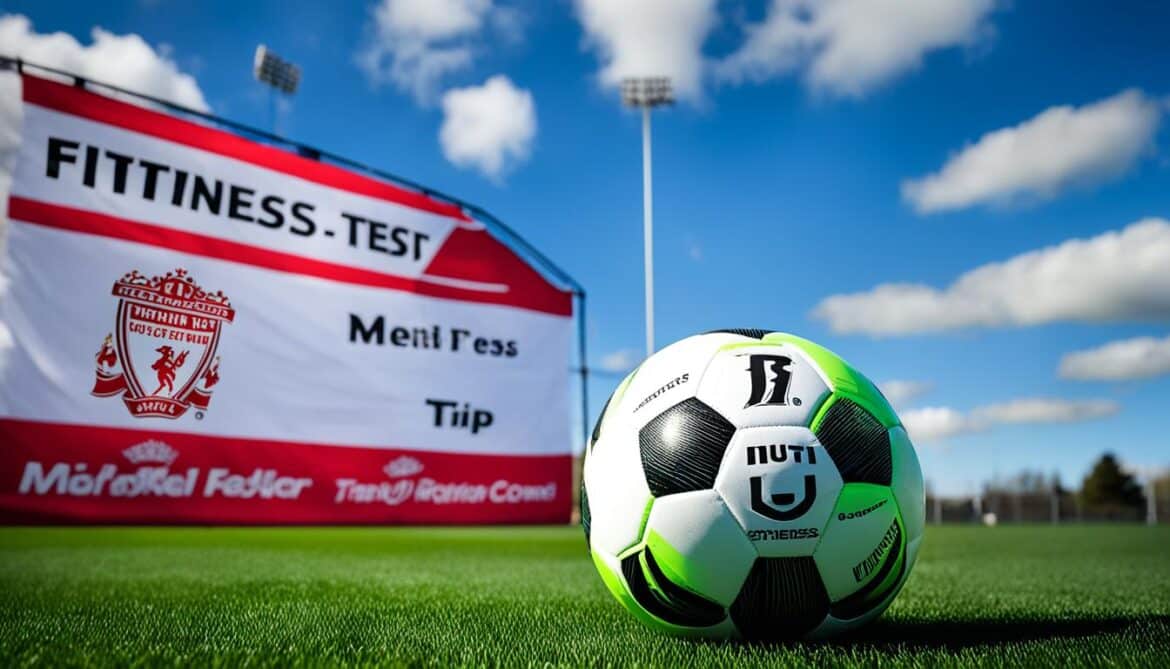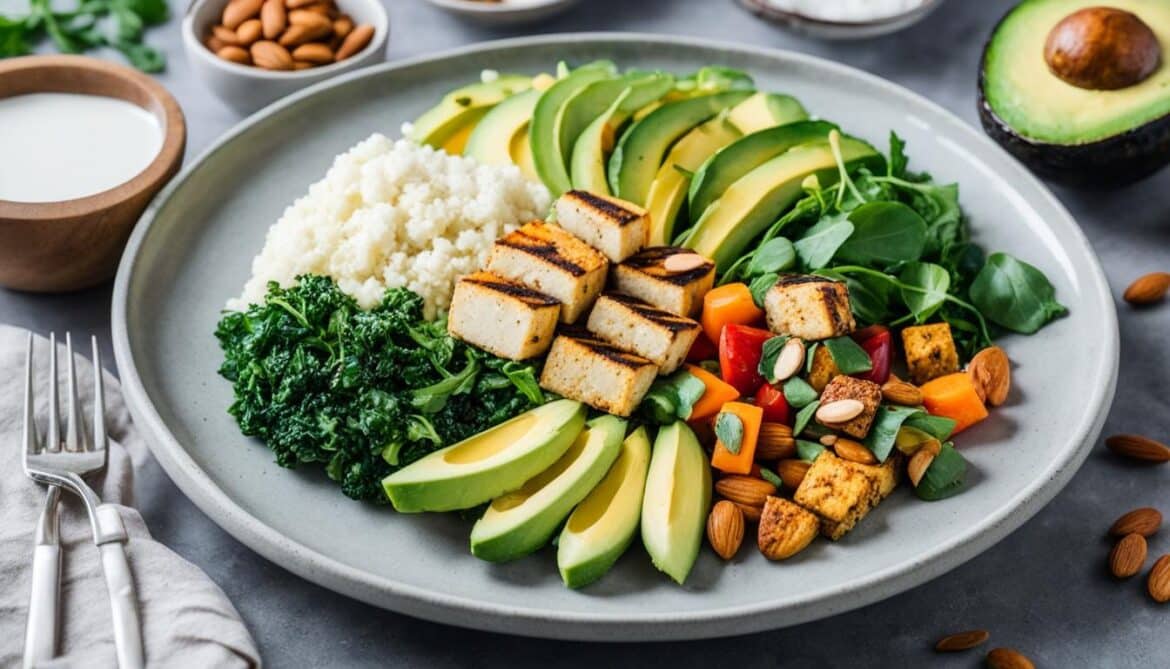Jordan Wells
Jordan Wells
Jordan Wells is a certified fitness coach with over 7 years of hands-on experience working with clients ranging from everyday beginners to competitive athletes. With a background in kinesiology and a deep passion for evidence-based training, Jordan focuses on building smart, sustainable workout programs that actually fit real life. His/her specialties include strength training, agility development, and helping people move better — not just look better. Outside the gym, Jordan writes about functional fitness, motivation, and the mental side of training. “Fitness isn’t about perfection — it’s about showing up, staying consistent, and making the process work for you.” You can usually find Jordan outdoors with a kettlebell, a jump rope, or a notebook full of new training ideas.
As I strive for a healthier lifestyle, I am constantly exploring new dietary approaches that nourish both my body and mind. One approach that has gained significant popularity is the vegetarian keto diet. Combining the principles of plant-based eating with the low-carb, high-fat philosophy of the ketogenic diet, this unique approach offers a promising path to weight loss. The vegetarian keto diet focuses on bringing together the best of two worlds – the nutrient-rich benefits of a plant-based diet and the weight-loss potential of the ketogenic lifestyle. By eliminating animal products and minimizing carbohydrates, this diet encourages the body to enter a state of ketosis, where it burns fat for fuel instead of carbohydrates. Key Takeaways: The vegetarian keto diet combines the principles of plant-based eating and the ketogenic lifestyle. By eliminating animal products and minimizing carbohydrates, the body enters ketosis. This diet promotes weight loss by utilizing fat as fuel. The vegetarian keto diet demonstrates the potential for a balanced and sustainable approach to weight management. Before starting any new diet, it’s important to consult with a healthcare professional …
When it comes to achieving weight loss goals, finding a balance is key. This includes not only maintaining a healthy diet and engaging in regular physical activity but also being mindful of alcohol consumption. While enjoying a drink or two is a common part of socializing and unwinding, excessive alcohol intake can hinder your weight loss progress. However, with the right strategies and moderation, you can still savor a cocktail while working towards your goals. Focus on a balanced diet consisting of whole foods, lean proteins, healthy lipids, and an abundance of fruits and vegetables. Pay attention to portion sizes and avoid overeating. Engage in regular physical activity, including cardiovascular exercises and strength training. Include core-strengthening exercises to target abdominal muscles. Practice stress-reduction techniques such as yoga, meditation, deep breathing, and mindfulness. Key Takeaways: Strive for a balanced diet to support weight loss goals. Avoid overeating by being mindful of portion sizes. Incorporate regular physical activity for optimal results. Manage stress through relaxation techniques. Find a moderate balance when it comes to alcohol consumption. The Effects of Alcohol on Weight …










